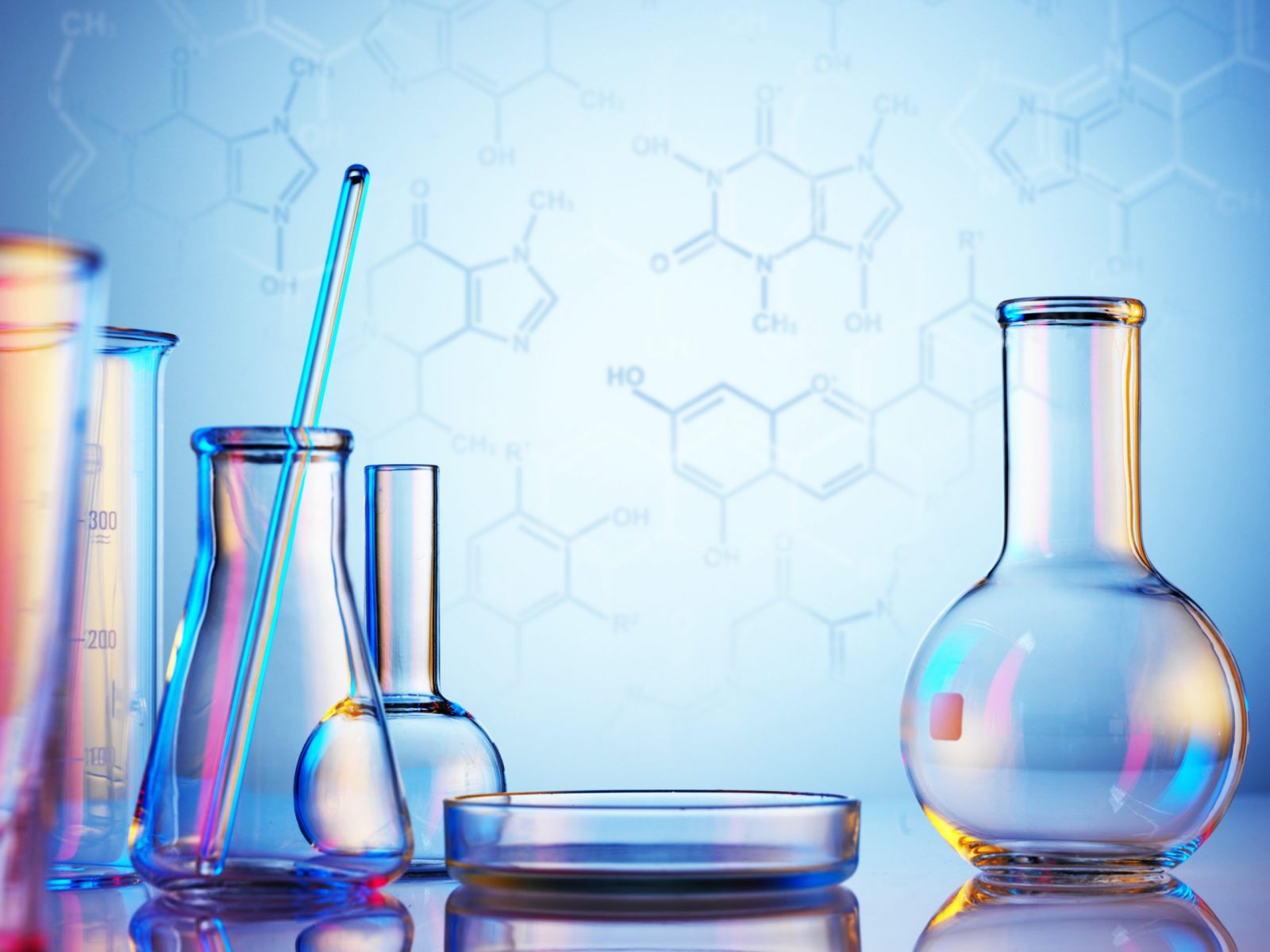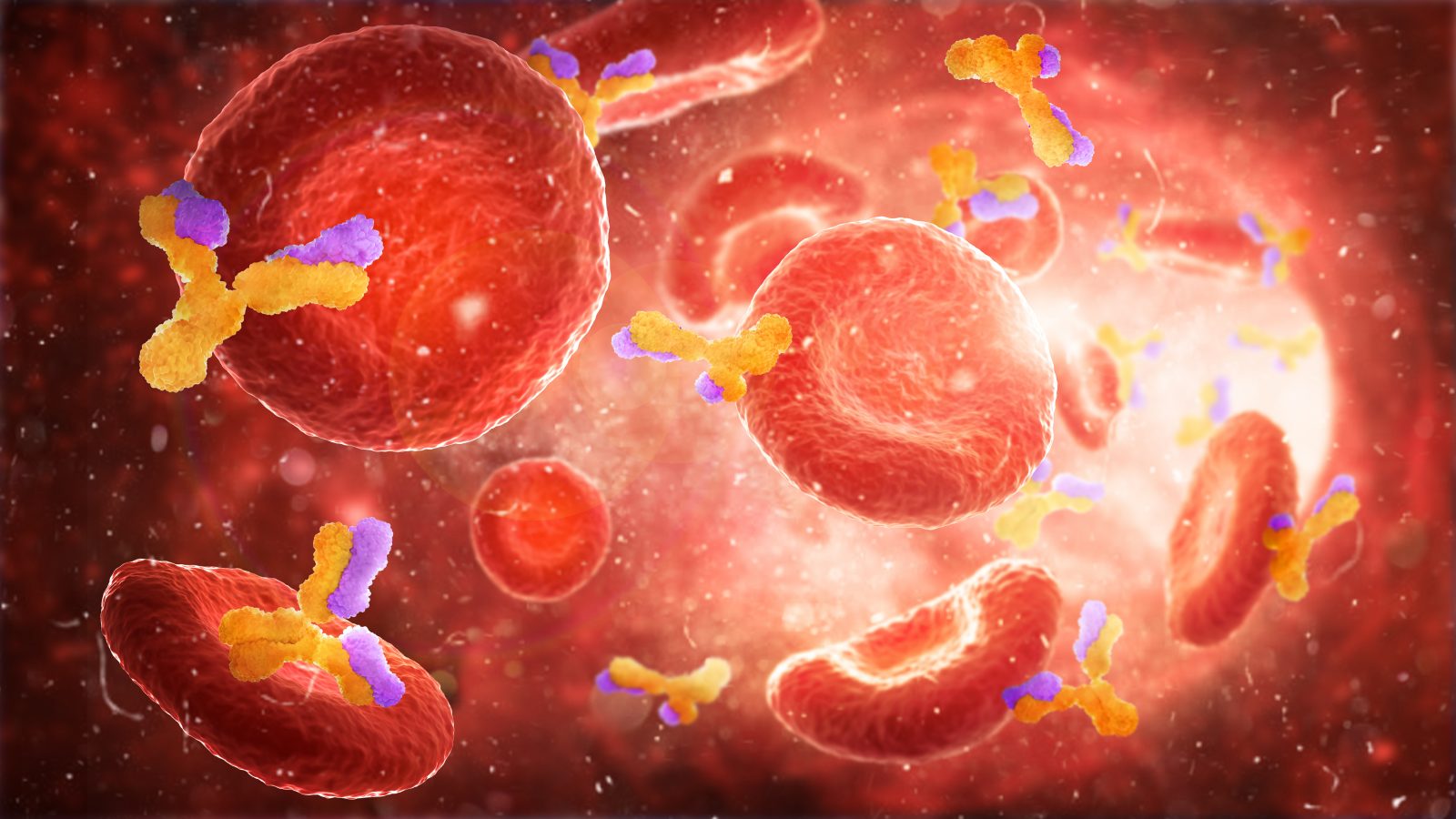
Discovery: Renin Nanotech for Blood Pressure Control, Pt. 2
On this ID the Future, physician Howard Glicksman and host Eric Anderson dive deeper into the body’s exquisite blood pressure control system, cueing off a new discovery described at Science Daily as uncovering “the location of natural blood-pressure barometers inside our bodies that have eluded scientists for more than 60 years.” According to the primary research paper at Circulation Research, “Renin-expressing cells are essential for survival, perfected throughout evolution to maintain blood pressure (BP) and fluid-electrolyte homeostasis.” How did evolution perfect the system? How did it originate the system? The paper never says. The mention of evolution appears to be little more than a de rigueur genuflection before the reigning paradigm of blind evolution. What is bearing actual fruit, according to Glicksman Read More ›




